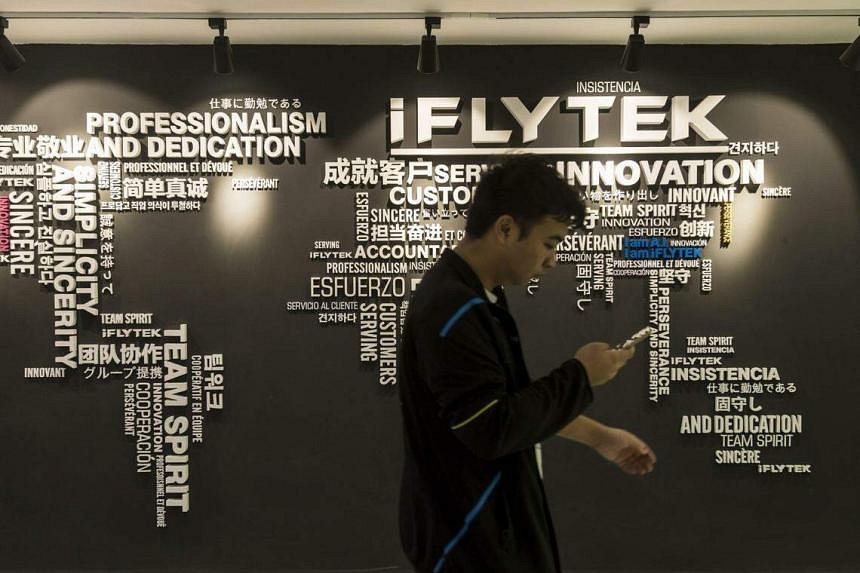HEFEI – Chinese voice-recognition company iFlytek has entered the race to build a rival to OpenAI’s ChatGPT, with a live demonstration of its artificial intelligence (AI) model for educational and enterprise uses, even as Beijing signalled more oversight of the industry.
Chairman Liu Qingfeng unveiled SparkDesk at an event on Saturday in the eastern city of Hefei, employing voice-recognition prompts to ask the chatbot in Chinese and English to assess student essays and compose hypothetical stories about Confucius’ attendance at the 2008 Olympics in Beijing.
The demonstration offered the audience a chance to pose queries.
Mr Liu said the aim was to exceed OpenAI’s capabilities in Chinese and reach ChatGPT’s standards in English.
“The impact of this generative AI technology is no less important than that of the birth of the PC or the Internet,” he said at the event.
“We need to do our best to learn from ChatGPT”, he added, “and even seek to surpass it.”
Beijing’s top Internet overseer has published draft guidelines that would mandate a security review of generative AI services in order to operate.
While investors initially cheered large language model announcements from Baidu and SenseTime Group, there has been growing scepticism about risks of a bubble.
During China’s Politburo meeting in April, officials stressed the need to pay attention to the development of generative AI, but also to mitigate risks.
There have also been concerns about the long-term ability of access for Chinese companies to get the high-end chips needed for large-scale language models.
iFlytek was barred from buying critical US components after it was added to the United States Commerce Department’s blacklist in 2019 for its alleged role in the surveillance of minorities in Xinjiang.
Chinese companies have the added hurdle of training chatbot services to bar sensitive or controversial information that the Communist Party blocks across the Internet, as well as restrictions on datasets that can be used to train AI models.
Baidu, which launched its Ernie Bot in a pre-recorded demonstration in March, is still considered the leading contender in China.
Companies such as Baidu and Alibaba Group Holding have said they will integrate AI into their suite of products, similar to Microsoft’s integration of ChatGPT in its Edge browser and Google’s Bard in its search results. BLOOMBERG

